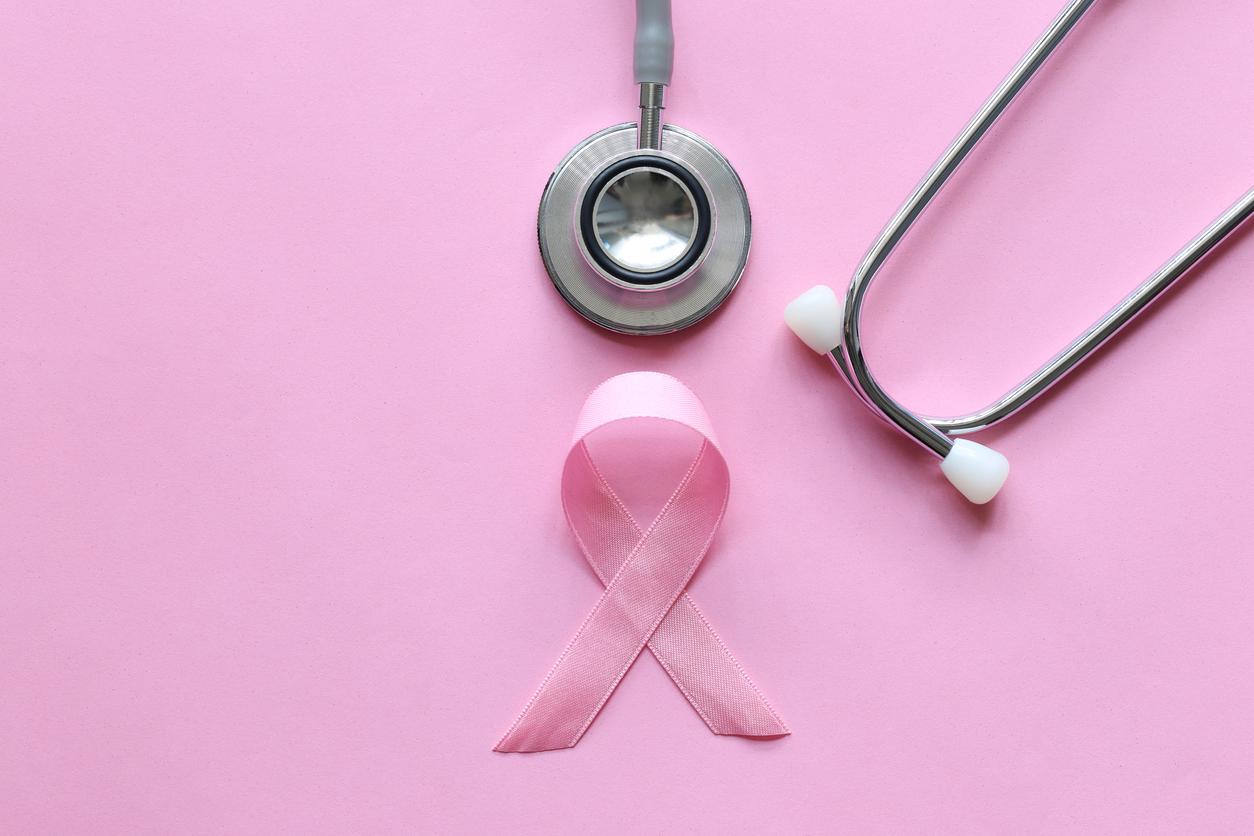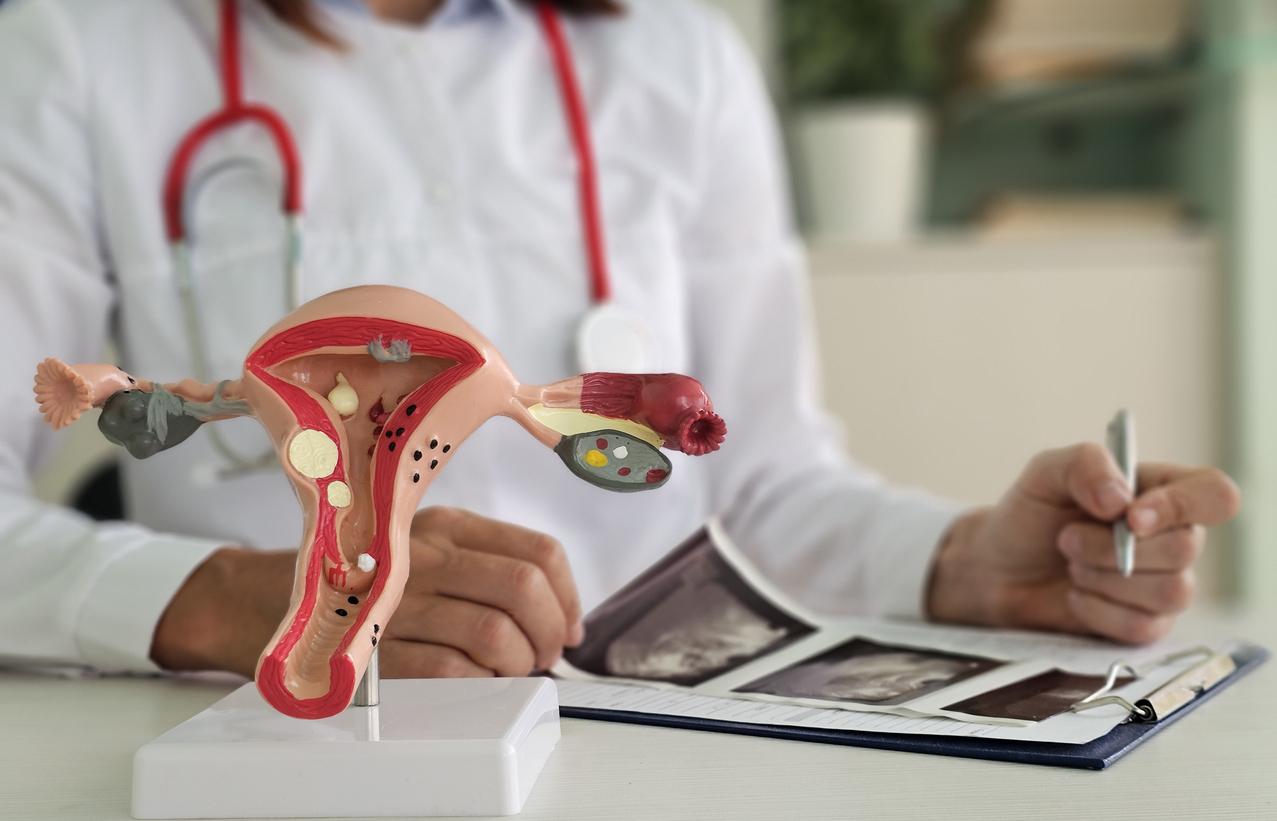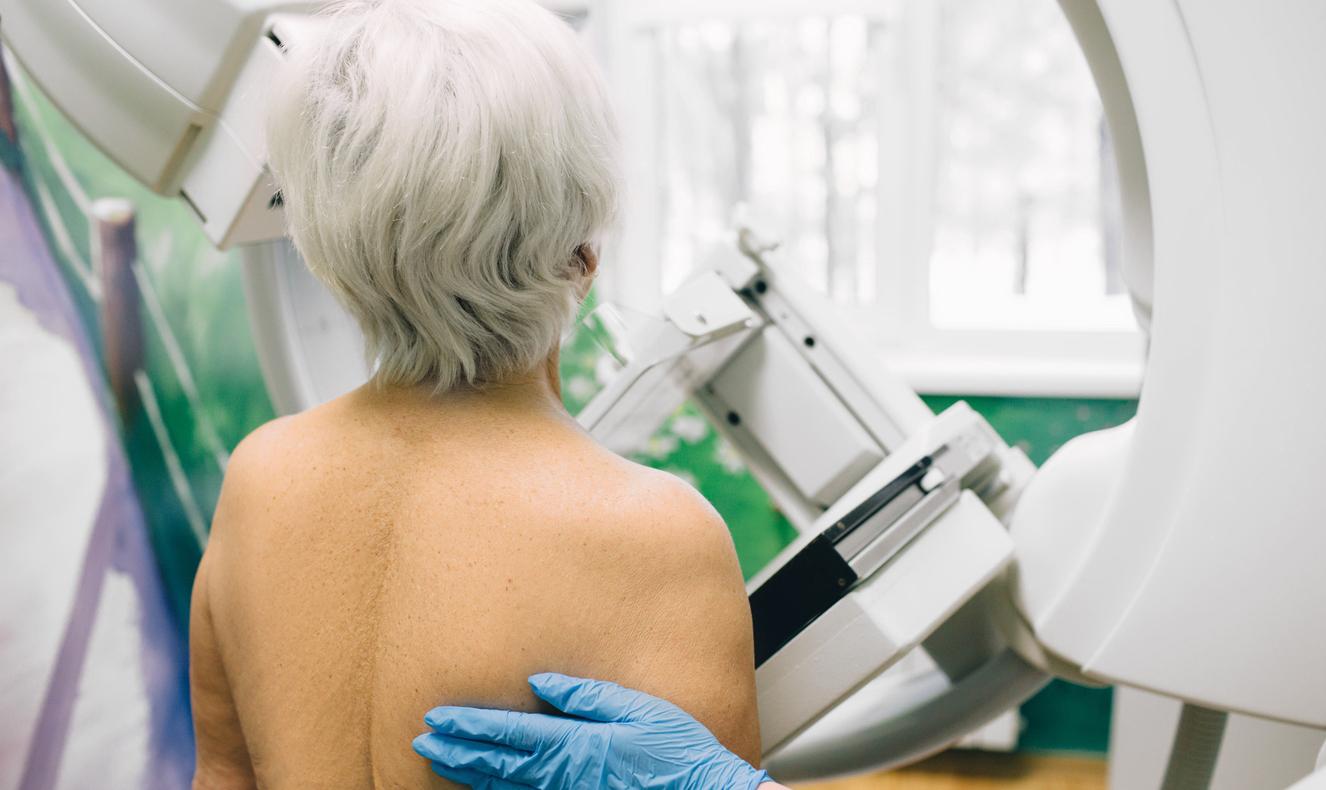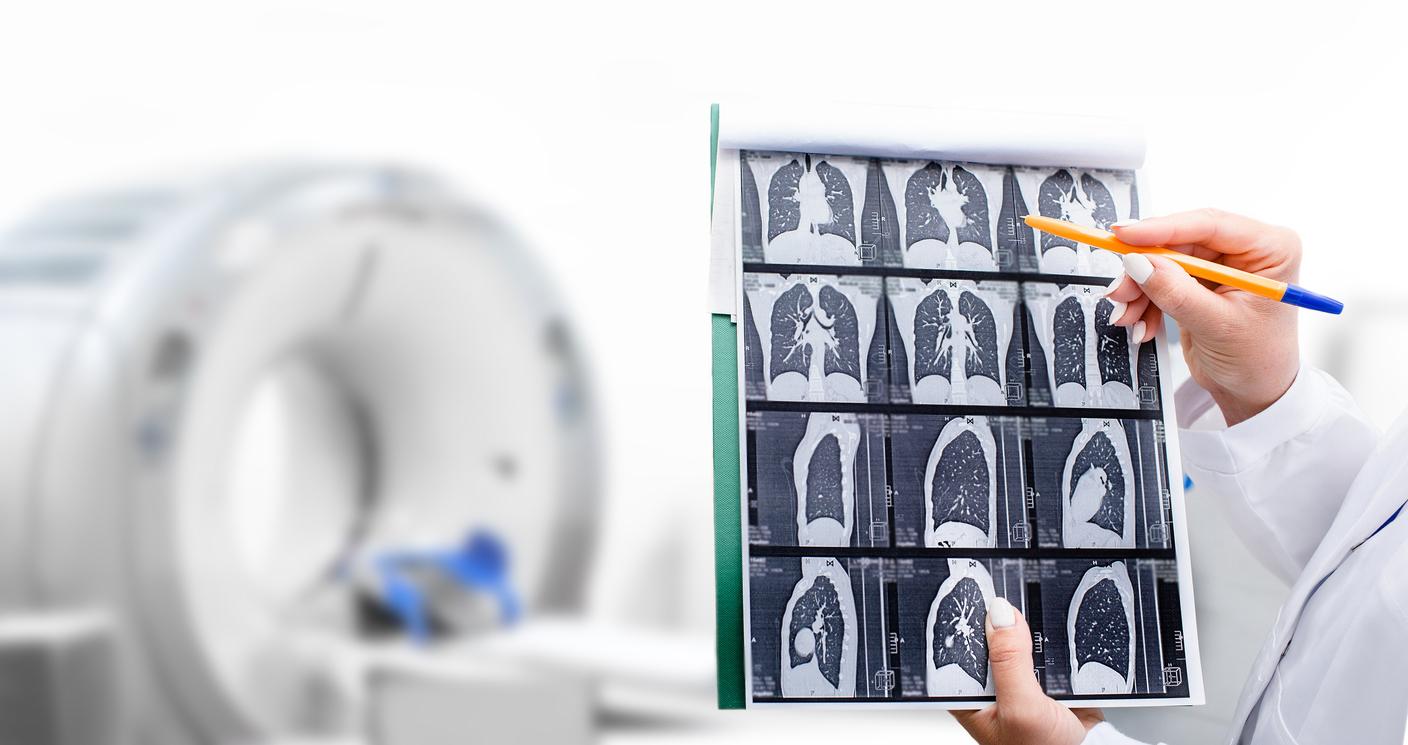Researchers have identified a molecule that predicts the risk of developing breast cancer. A potential diagnostic alternative to mammography.

With a positive mammogram result, the tumor is already present. Earlier diagnosis would be a significant advantage in more effectively fighting breast cancer, the world’s deadliest in women. A team from Harvard Medical School (HMC) has identified a molecule found in healthy breast tissue. It would make it possible to determine in a fairly precise manner the women who present a significant risk of developing cancer.
The study, published in Cancer Research, was carried out on 302 samples taken from biopsies of women who had consulted for a breast pathology other than breast cancer. Of these, 69 subsequently developed a malignant tumor.
Researchers noted that women whose nipple and lobule cells – which produce milk – contained the highest levels of a molecule called Ki67 were five times more likely to develop breast cancer afterwards.
Better targeted mammograms
“Currently, we are not doing very well in identifying women at high risk of developing breast cancer,” explains Rulla Tamimi, Associate Professor at HMC, who led the study. By doing so, we could develop individualized screenings, and thus more targeted risk reduction strategies. “
Mammography is currently the only effective means of screening. However, it has some drawbacks. It leads in particular to false positives and false negatives; some women with the onset of breast cancer are therefore not always detected, and conversely, others are worried and sometimes wrongly treated. On the other hand, the radiation emitted during the examination is low, but with the repetition of mammograms, the risk of cancer from radiation increases slightly.
The benefits of this screening far outweigh the disadvantages, but “it would be valuable to reduce the levels of radiation exposure for women at low risk,” adds Rulla Tamimi. The Ki67 dosage could then be an alternative, but for the moment it is based on a biopsy, too invasive for healthy people. If the researchers succeed in developing a blood test, the Ki67 test could well prove to be decisive in the quality of the screening.
.















